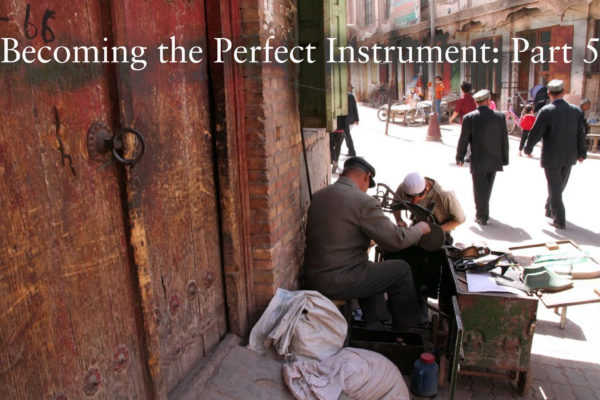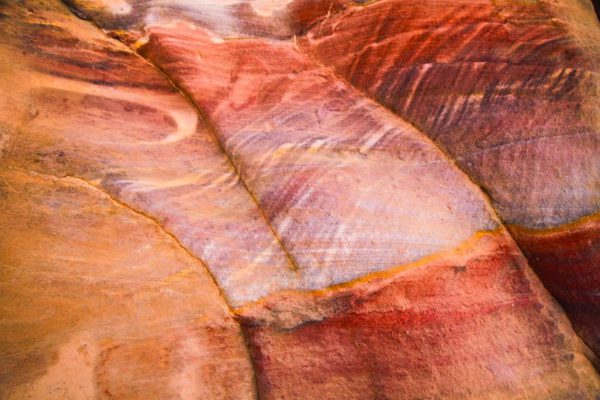
Leap Before You Look
The sense of danger must not disappear:
The way is certainly both short and steep,
However gradual it looks from here;
Look if you like, but you will have to leap.
Tough-minded men get mushy in their sleep
And break the by-laws any fool can keep;
It is not the convention but the fear
That has a tendency to disappear.
The worried efforts of the busy heap,
The dirt, the imprecision, and the beer
Produce a few smart wisecracks every year;
Laugh, if you can, but you will have to leap.
The clothes that are considered right to wear
Will not be either sensible or cheap,
So long as we consent to live like sheep
And never mention those who disappear.
Much can be said for social savoir-faire,
But to rejoice when no one else is there
Is even harder than it is to weep;
No one is watching, but you have to leap.
A solitude ten thousand fathoms deep
Sustains the bed on which we lie, my dear:
Although I love you, you will have to leap;
Our dream of safety has to disappear.
-- W. H. Auden
Deliberate practice transmutes our will into the pattern of engagement that shapes mastery. It is painful, but the pain recedes too into the joy of navigating edges, the joy of becoming. John Holt writes about observing in children what those who become great at anything preserve as adults:
Babies learning to walk, and falling down as they try, or healthy six- and seven-year-olds learning to ride a bike, and falling off, do not think, each time they fall, “I failed again.” Healthy babies and children, tackling different projects of their own choosing, think only when they fall down or off, “Oops, not yet, try again.” Nor do they think, when finally they begin to walk or ride, “Oh boy, now I’m succeeding!” They think, “Now I’m walking! Now I’m riding!” The joy is in the act itself, the walking or the riding, not in some idea of success. (i)



